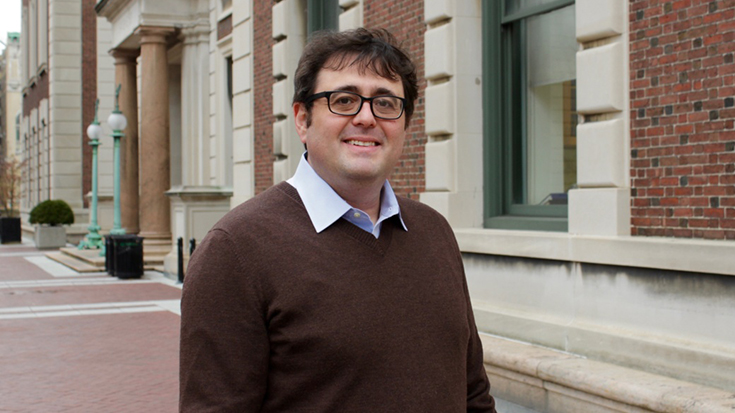
How does literature respond to our changing experience of being in the world in the age of globalization? One answer to this question, popular in the literary circles lately, can be found in Adam Kirsch’s book The Global Novel: Writing the World in the 21st Century published by Columbia Global Reports.
Kirsch, an award-winning poet and critic, poses another question: “What is the Future of Fiction in an Age of Globalization?” Kirsch puts the novels of the prominent global writers in dialogue and traces the similarities and discrepancies between them to explore this new genre. He picks writers from Canada, Turkey, Pakistan, Nigeria, Italy, and Japan -namely Orhan Pamuk, Haruki Murakami, Roberto Bolaño, Mohsin Hamid, Margaret Atwood, Michel Houellebecq, Chimamanda Ngozi Adichie and Elena Ferrante- to understand 21st-century literary themes and how fiction responds them. Kirsch argues that “the global novel is not the bland, deracinated, commercial product that many critics of world literature have accused it of being, but rather finds a way to renew the writer’s ancient privilege of examining what it means to be human.”
In this short book, Kirsch discusses the untranslatability of some aspects of Orhan Pamuk’s Snow, his wordplays and the specific geography featured in the novel. He also demonstrates that the concerns of the protagonist and his detachment to the local ideologies may be a feature that any reader from any culture can sympathize with. In a comparison between Bolano’s 2666 and Murakami’s 1Q84, the writer explains writers’ positions vis-a-vis their countries. Murakami’s geography, although in Japan, could be imagined as anywhere in the world, whereas Bolano’s setting in 2666 is a borderless Europe that can be read as the imagined new terrain for the 21st-century fiction.
Through Adichie’s Americanah, Kirsch discusses the immigrant novel, which he renames as the “migrant novel”. He analyses the hardships immigrants face and the experience of returning home. Through Mohsin Hamid’s The Reluctant Fundamentalist, the author refers to the story of meritocracy in the US, ability to recruit its personnel from its provinces yet mold them in the image of the center.
Kirsch’s argument in The Global Novel is that this new genre can create a global consciousness. He read Hamid’s novel in relation to this argument: a Muslim man returning to Lahore and his immigrant experience in the US serving to create a global political consciousness.
For Kirsch, another theme that characterizes the 21st-century fiction is imagining the disappearance of the civilization or fearful futures which he discusses through Margaret Atwood’s Oryx and Crake and Michel Houellebecq’s The Possibility of an Island. Elena Ferrante’s Neapolitan Novels, transforming local realities to universal concerns, is another stop that the writer uses to map the global novel of the 21st century.

Adam Kirsch is the author of three books of poetry and several books of criticism and biography. He is a regular contributor to The New Yorker, The New York Review of Books, and Foreign Policy. Kirsch is the director of the MA program in Jewish Studies at Columbia University.